Sounds of the city: should urban dwellers expect noise?
Complaints put nightlife venues at risk but rising noise pollution threatens health and wellbeing
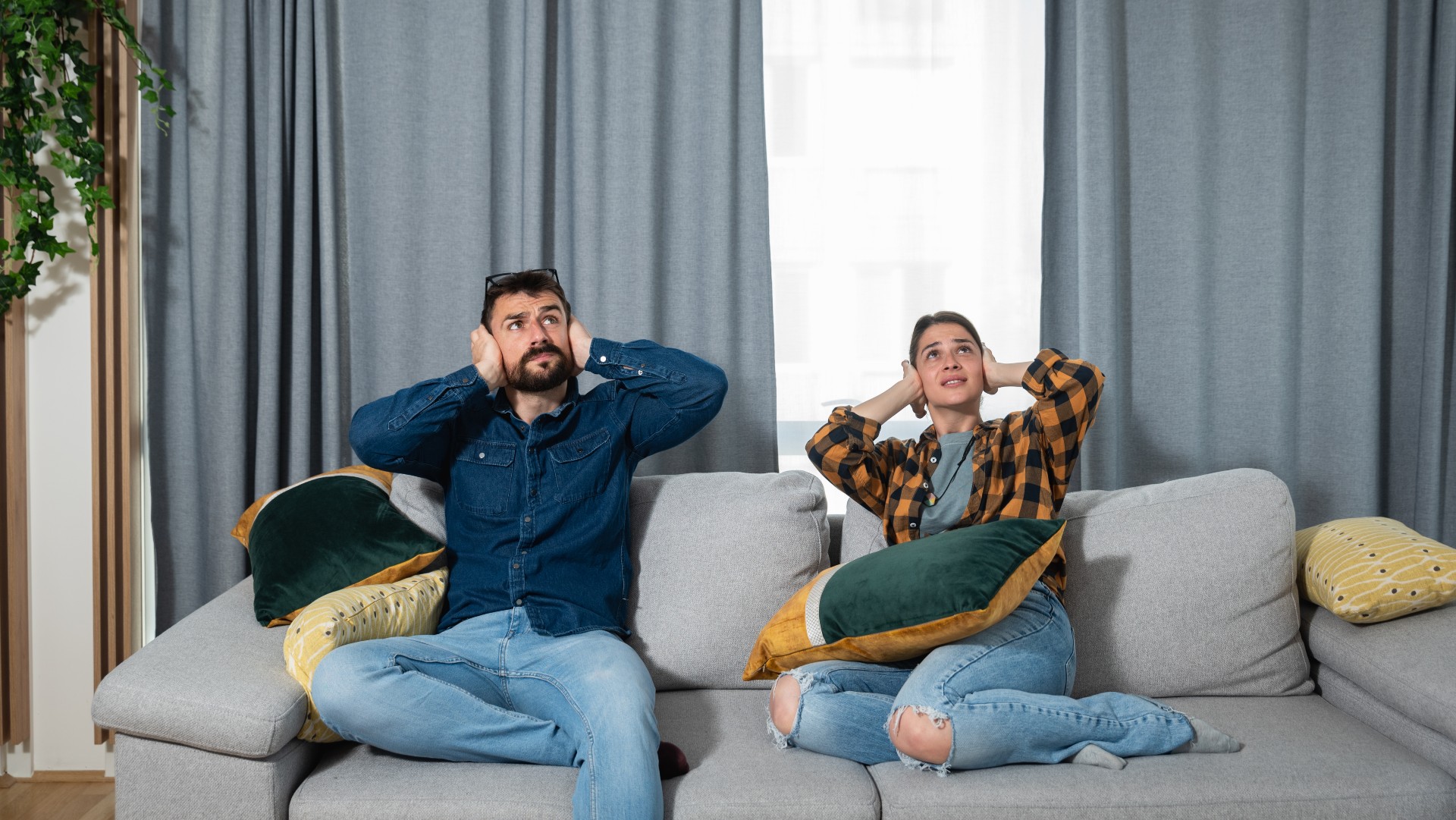
A free daily email with the biggest news stories of the day – and the best features from TheWeek.com
You are now subscribed
Your newsletter sign-up was successful
Italy’s Supreme Court has ruled that nightlife noise can harm health and infringe on citizens’ right to peace and quiet in a landmark verdict that has widespread implications.
In the first ruling of its kind in Italy, the country’s Supreme Court ordered the city council of Brescia in Lombardy to pay a couple €50,000 (£43,000) for failing to safeguard them against noise from drunk revellers.
“The decision concludes a 10-year legal case in which the couple, who live in Carmine, a district of the northern Italian city popular for its bustling nightlife, pursued a right to ‘a quiet life’ and ‘rest’,” said The Guardian. Many other Italian towns are worried about similar pay-outs, especially in areas where nightlife has become “increasingly boisterous, particularly since the Covid pandemic”, the paper said.
The Week
Escape your echo chamber. Get the facts behind the news, plus analysis from multiple perspectives.

Sign up for The Week's Free Newsletters
From our morning news briefing to a weekly Good News Newsletter, get the best of The Week delivered directly to your inbox.
From our morning news briefing to a weekly Good News Newsletter, get the best of The Week delivered directly to your inbox.
The ruling has fuelled debate further afield too. The Daily Mail reported in October that Londoners were “fighting to save the city’s nightlife after becoming fed-up with the constant noise complaints threatening to close their local boozers”. Dozens of London pubs, clubs and music venues were served with noise complaints after two years of quiet during lockdowns.
‘Fighting to save the city’s nightlife’
People who live in capital cities should expect noise, said Samuel Kasumu, a Conservative contender for London mayor. “No offence, but it’s London,” the former Boris Johnson aide told the Evening Standard. “It’s the most cosmopolitan, most dynamic city in the world. So you know, deal with it.”
“Fury was first sparked” in summer 2022 when the “iconic” 200-year-old Compton Arms in north London was served with a licence review by Islington Council, “after four new neighbours who moved into the area during lockdown complained that revellers were too noisy”, the Mail said. Pub bosses claim the pandemic has resulted in more noise complaints, as people “got used to the ‘Covid quiet’”.
The Jago, a live music venue in Dalston, east London, received a noise abatement notice from Hackney Council last year. “Since the pandemic, many surrounding buildings [in Hackney] have been converted into residential properties,” the venue wrote on Instagram. “This has resulted in noise complaints, which put the future of our venue and others at risk.”
A free daily email with the biggest news stories of the day – and the best features from TheWeek.com
And one of Manchester’s most prominent music venues, the Night & Day Cafe, was forced to turn down the volume following a noise complaint from a neighbour, who bought a flat adjoining the 30-year-old venue in 2020.
‘Global public health menace’
Noise is an “often ignored environmental threat [that is] having an increasingly significant impact on city dwellers”, said the Financial Times. “Far from being a mere nuisance”, noise pollution is a “serious health and environmental issue”.
Aside from damaging hearing, long-term sleep disturbance can lead to heart disease, diabetes and poor mental health, Inger Andersen, executive director of the UN Environment Programme, said in the FT last year.
Nor is noise “an unavoidable part of urban life”, she argued. Safe noise levels, defined by the World Health Organization as 53 decibels, are being surpassed in cities around the world. Last year, the UN found London to be one of the noisiest cities in Europe, said Coco Khan in The Guardian, regularly exposing residents to average sound levels of 86 decibels.
“As cities become more crowded, their soundscapes become a global public health menace,” Andersen said.
The European Environment Agency estimated in 2014 that noise pollution leads to at least 10,000 premature deaths annually. In January, the House of Lords Science and Technology Committee launched an inquiry into the effects of light and noise on health.
People complaining about noise “seem to be the monied nimbys, the wealthy curtain-twitchers, or the plain old killjoys”, wrote Khan, but it is “undoubtedly a class issue”.
Noise particularly affects lower-income residents who are more likely to live in industralised areas, near motorways and airports, and away from green spaces, she said.
According to a US study published in 2017, poor neighbourhoods were nearly two decibels louder than affluent areas. It is “the poorest bearing the brunt”, Khan wrote.
Harriet Marsden is a senior staff writer and podcast panellist for The Week, covering world news and writing the weekly Global Digest newsletter. Before joining the site in 2023, she was a freelance journalist for seven years, working for The Guardian, The Times and The Independent among others, and regularly appearing on radio shows. In 2021, she was awarded the “journalist-at-large” fellowship by the Local Trust charity, and spent a year travelling independently to some of England’s most deprived areas to write about community activism. She has a master’s in international journalism from City University, and has also worked in Bolivia, Colombia and Spain.
-
 The broken water companies failing England and Wales
The broken water companies failing England and WalesExplainer With rising bills, deteriorating river health and a lack of investment, regulators face an uphill battle to stabilise the industry
-
 A thrilling foodie city in northern Japan
A thrilling foodie city in northern JapanThe Week Recommends The food scene here is ‘unspoilt’ and ‘fun’
-
 Are AI bots conspiring against us?
Are AI bots conspiring against us?Talking Point Moltbook, the AI social network where humans are banned, may be the tip of the iceberg
-
 Arcadia: Tom Stoppard’s ‘masterpiece’ makes a ‘triumphant’ return
Arcadia: Tom Stoppard’s ‘masterpiece’ makes a ‘triumphant’ returnThe Week Recommends Carrie Cracknell’s revival at the Old Vic ‘grips like a thriller’
-
 American Psycho: a ‘hypnotic’ adaptation of the Bret Easton Ellis classic
American Psycho: a ‘hypnotic’ adaptation of the Bret Easton Ellis classicThe Week Recommends Rupert Goold’s musical has ‘demonic razzle dazzle’ in spades
-
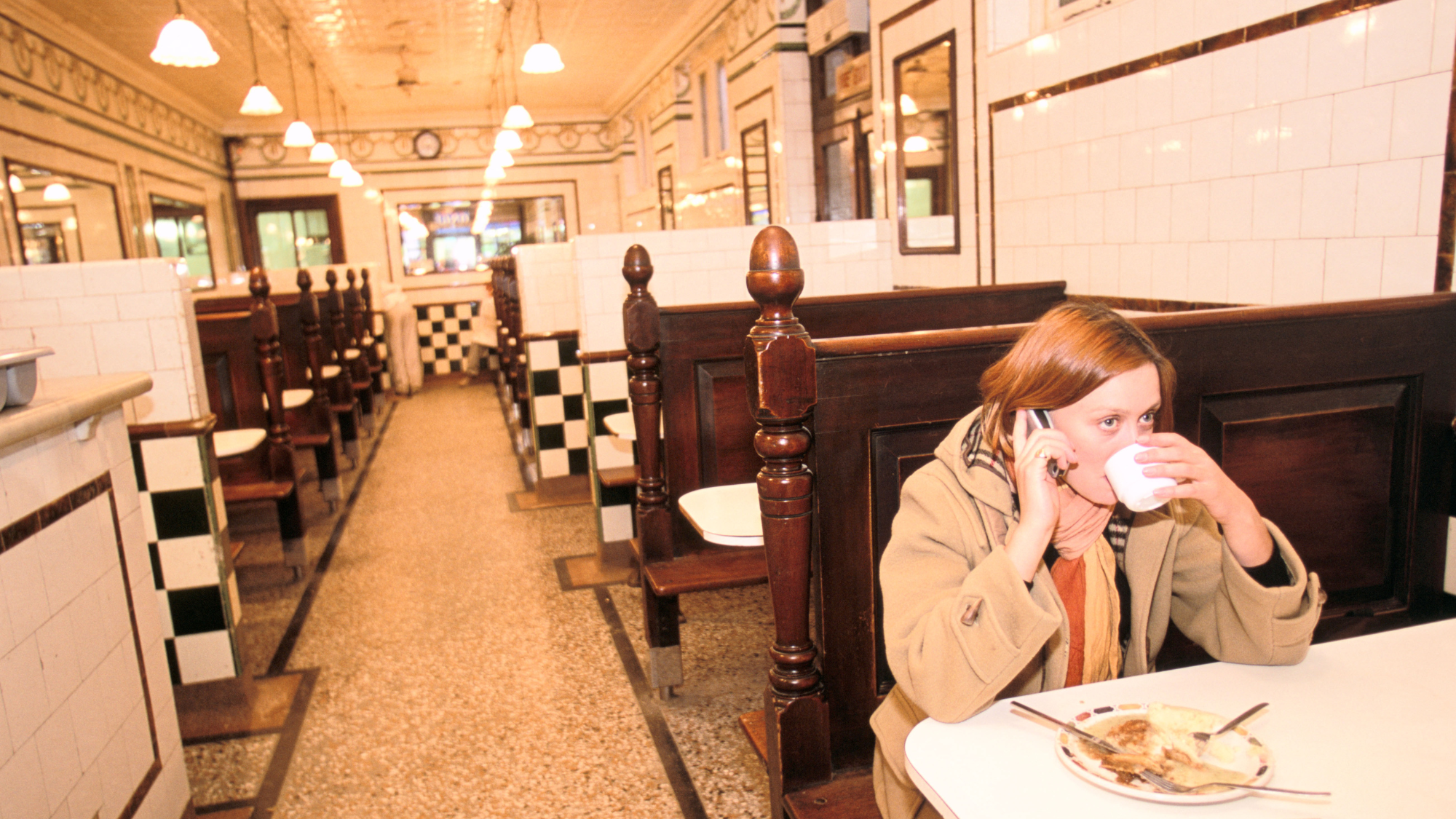 Can London’s pie and mash shops make a comeback?
Can London’s pie and mash shops make a comeback?Under the Radar Traditional East End eateries are on the ‘brink of extinction’ – but a younger generation is giving the Cockney cuisine an unexpected boost
-
 Villa Treville Positano: a glamorous sanctuary on the Amalfi Coast
Villa Treville Positano: a glamorous sanctuary on the Amalfi CoastThe Week Recommends Franco Zeffirelli’s former private estate is now one of Italy’s most exclusive hotels
-
 Breaking news: the rise of ‘smash hit’ rage rooms
Breaking news: the rise of ‘smash hit’ rage roomsUnder the Radar Paying to vent your anger on furniture is all the rage but experts are sceptical
-
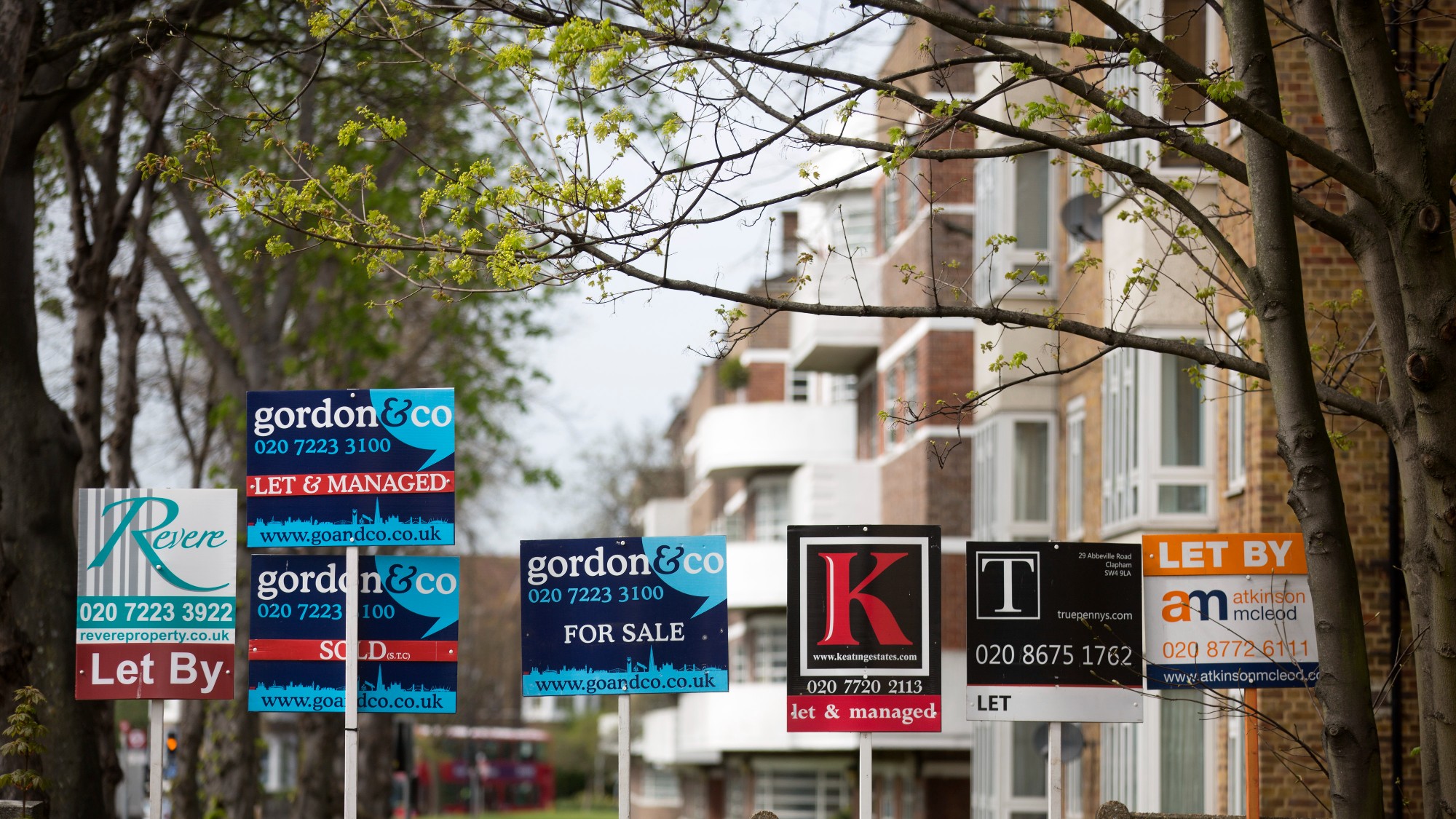 Why is London’s property market slumping?
Why is London’s property market slumping?Today's Big Question Some sellers have reported losses of hundreds of thousands of pounds
-
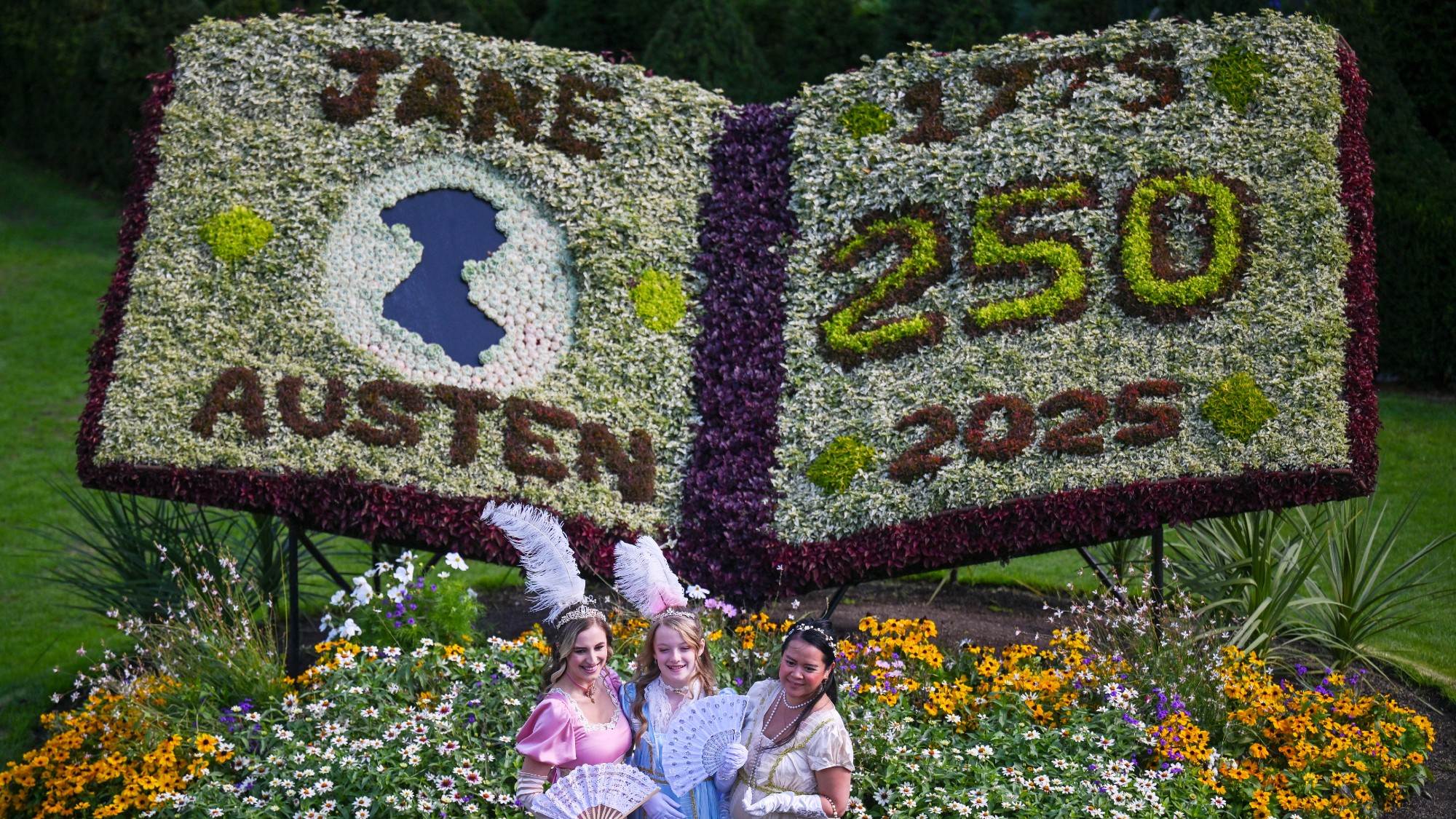 Jane Austen lives on at these timeless hotels
Jane Austen lives on at these timeless hotelsThe Week Recommends Here’s where to celebrate the writing legend’s 250th birthday
-
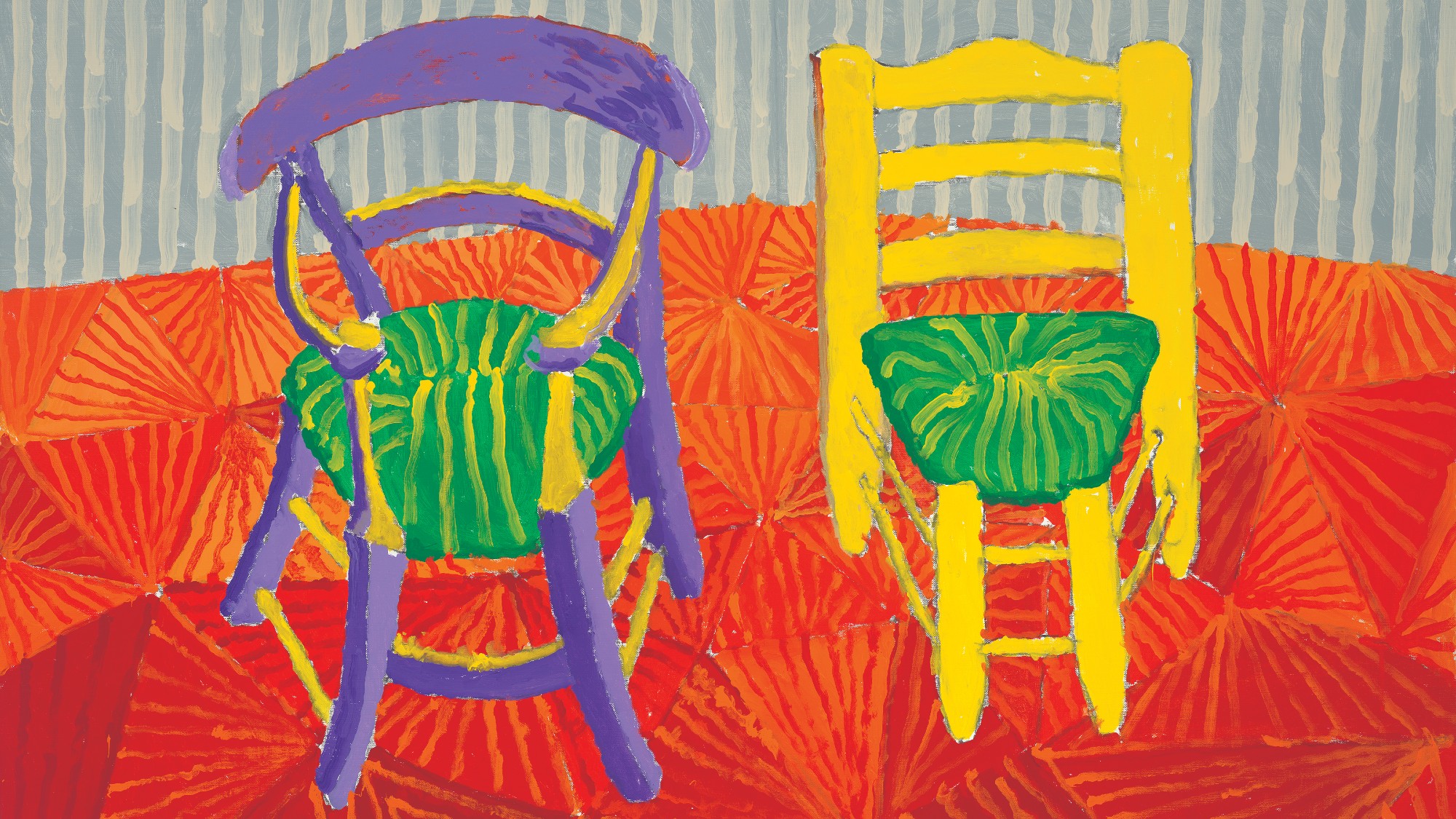 David Hockney at Annely Juda: an ‘eye-popping’ exhibition
David Hockney at Annely Juda: an ‘eye-popping’ exhibitionThe Week Recommends ‘Some Very, Very, Very New Paintings Not Yet Shown in Paris’ testifies to the artist’s ‘extraordinary vitality’ and ‘childlike curiosity’